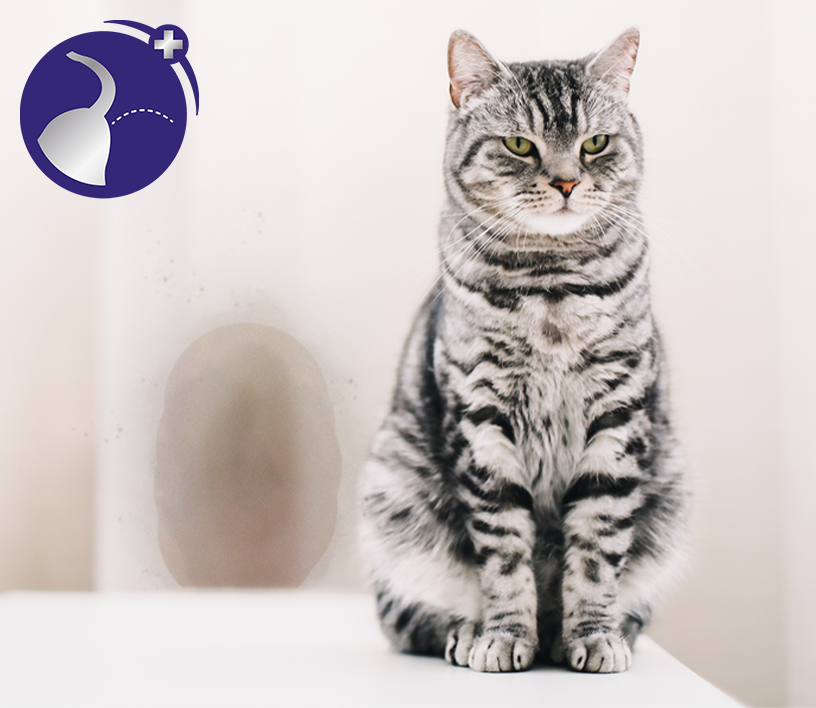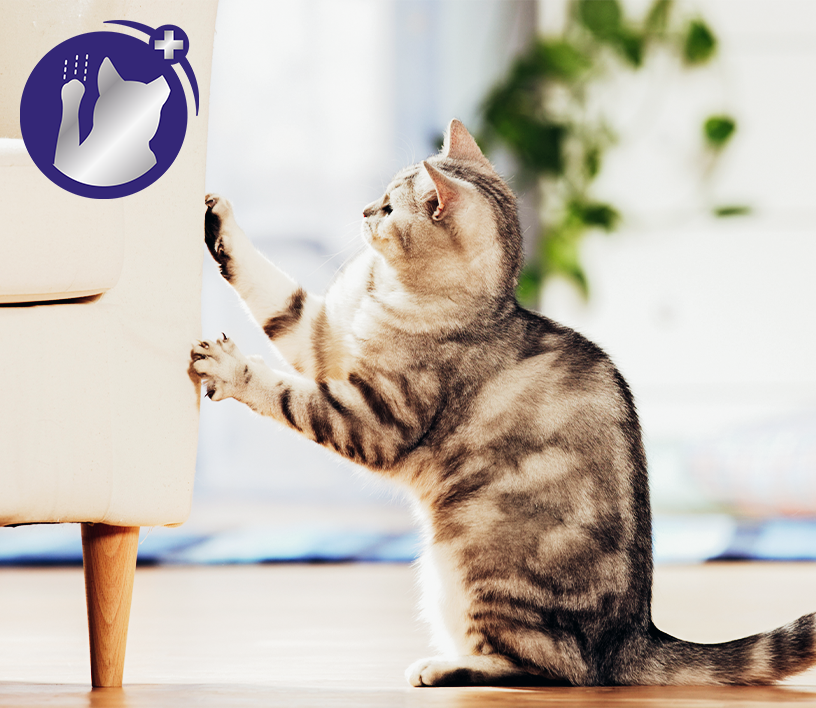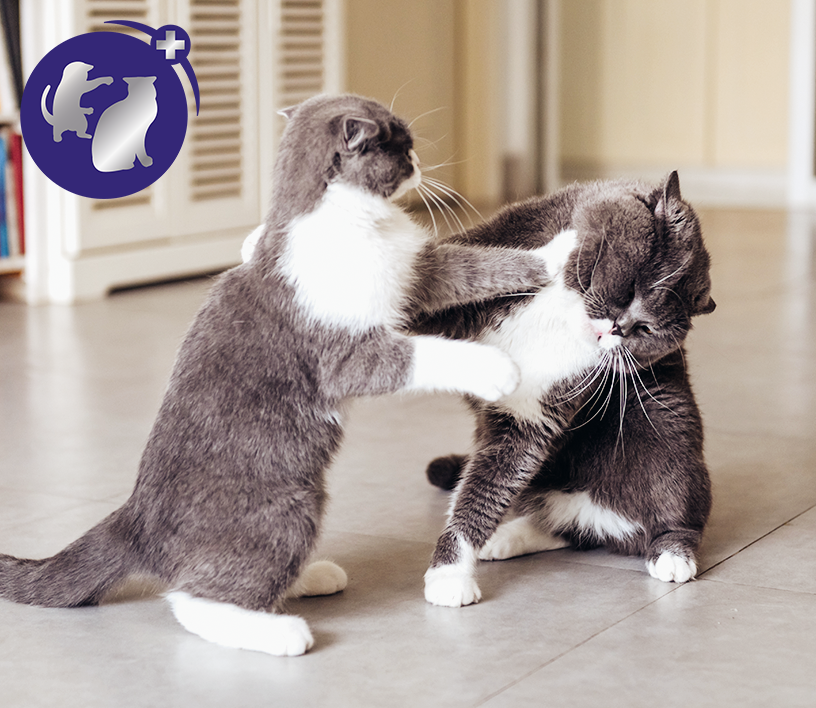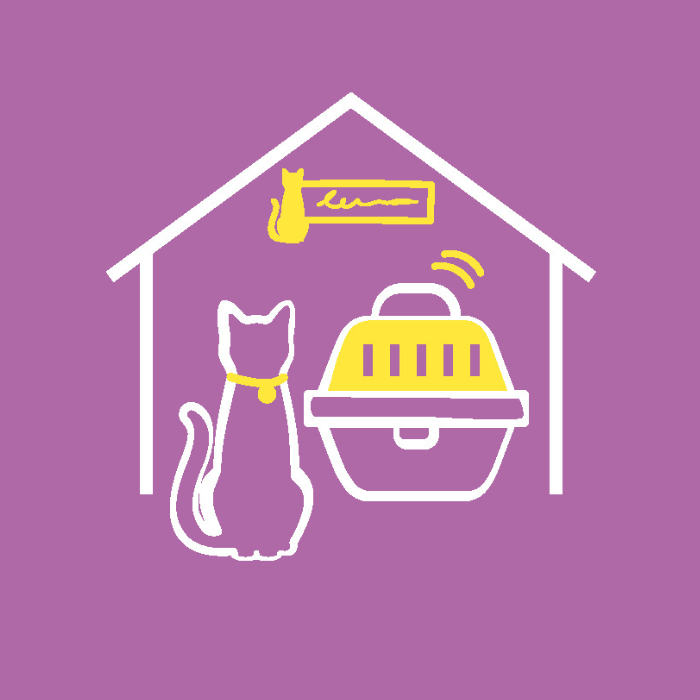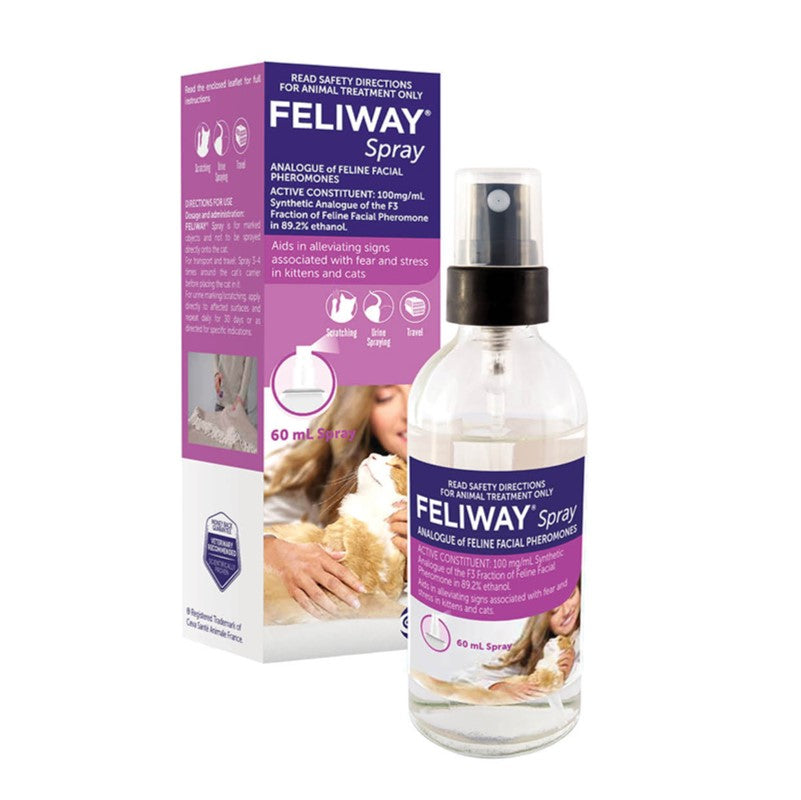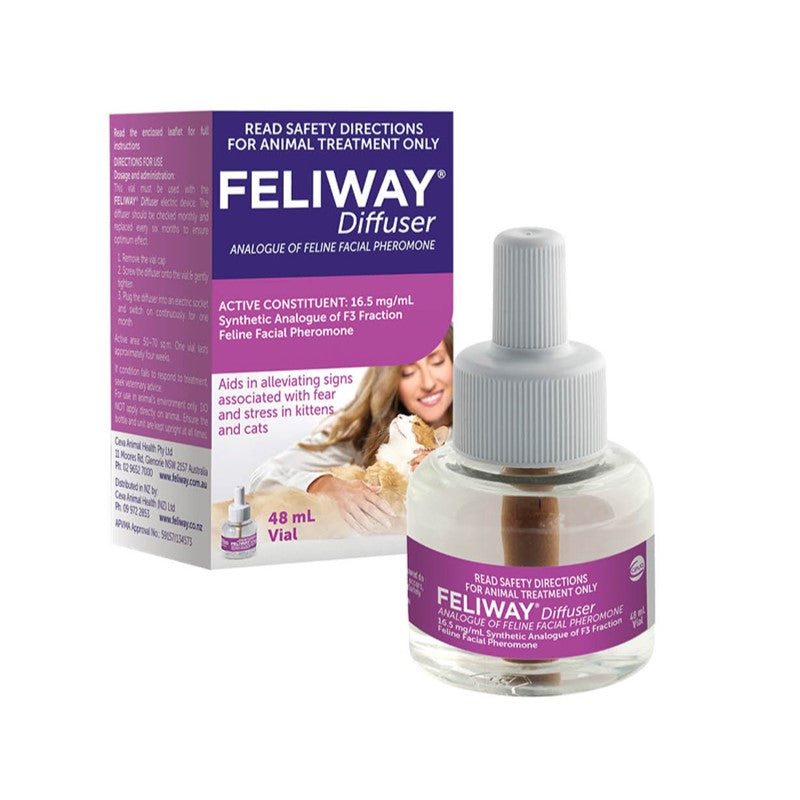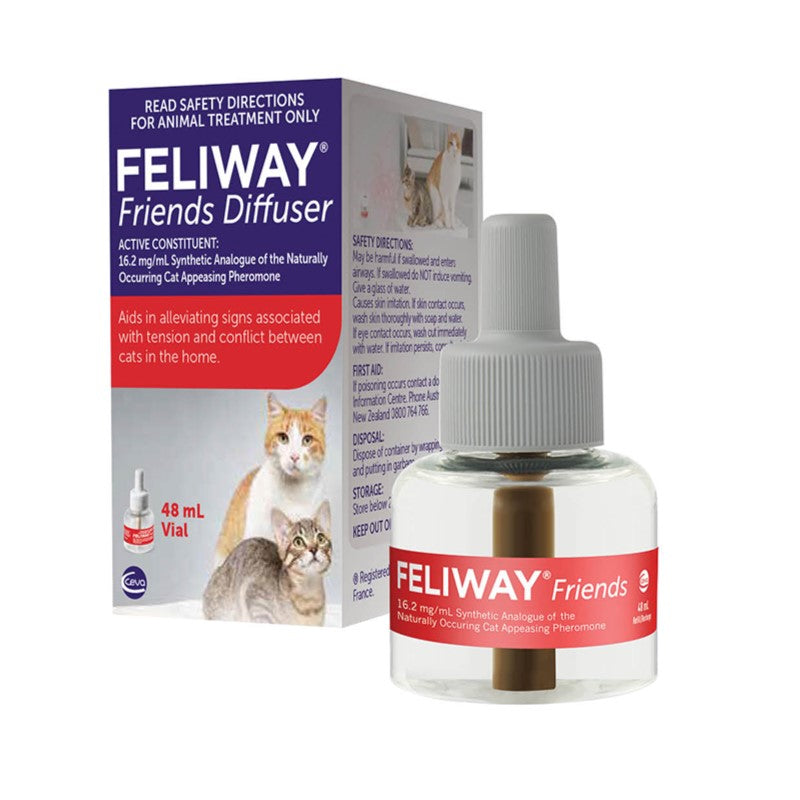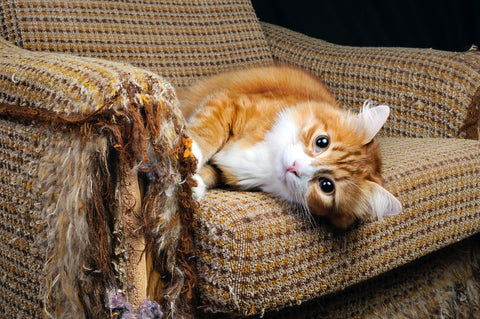
Cutting Cat Claws: To Trim Or Not To Trim
ESSENTIALS FOR CAT NAILS
Among the natural needs of cats, scratching is at the top of the list .
Scratching serves several purposes. For example, cats scratch to mark their territory.
They also scratch to trim their nails. Outdoor cats probably use some tree around.
However, your cat is an indoor cat, a scratching post may come in handy. And if you do not have a scratching post, well, then you will find it difficult to stop your cat scratching the sofa - regardless of your opinion about that.
DO YOU NEED TO TRIM CAT CLAWS?
There are different ways to stop cats from scratching furniture, whether they're home remedies or not.
Since your cat lives indoors, they will appreciate a good nail trim - or at least they will at some point. In addition, you should provide a scratching post if they do not have one yet. Or you may as well get you cat a climbing tree for them to both play and trim their claws. Two birds, one stone.
Cutting your cat's nails at home, will give you an opportunity to get your cat used to a different type of handling. Also, it will allow you to run a basic check-up of their claws and look for any signs of injury, or disease. During a visit at a veterinary clinic the vet will check the paws too, so if your cat is already accustomed it will be less of a stress.
HOW TO CUT YOUR CAT'S CLAWS?
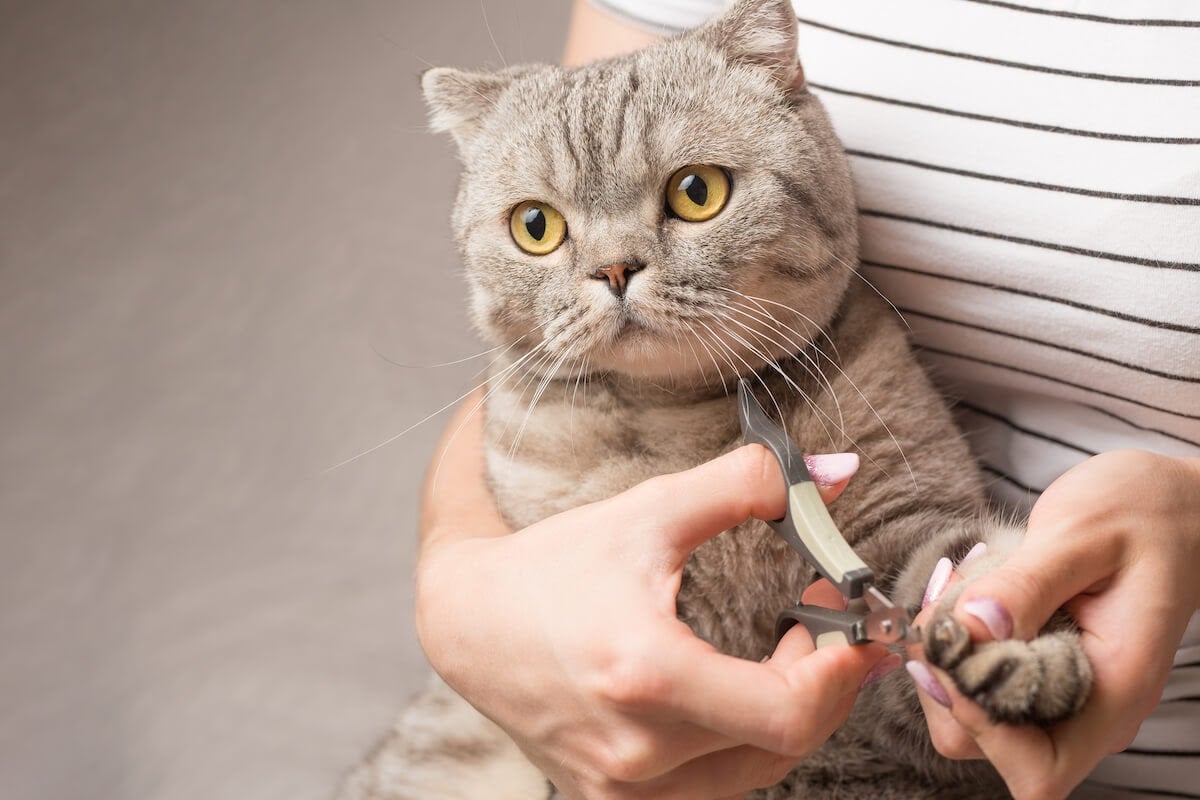
1. Get your cat used to having the paws touched
Do not dive straight to the cutting, you will need to split the handling of the paw in different steps before you can make the paw touching enjoyable. Cats love treats, so use their little weakness to teach them how to cope with the handling. It may be food or anything your cat likes.
To help the cat learn better a sound like a marker word or a clicker can be used. Clickers help animals associate quickly the behaviour the owner will reward. Your cat will eventually anticipate the reward as soon as they hear the sound, thanks to the repetition. Remember to always do the handling first, and then give the reward for long term acceptance..
Go through the different steps of handling at your cat's pace. Respect the fact that they may not tolerate handling, they may find too stressful. If your cat shows signs of irritation or struggles, you need to stop immediately the session and allow some time for your cat to rest. When you start again, go back to previous steps your cat is already comfortable with.
2. Get your cat used to having its claws clipped
Cats experience a variety of sensations when their nails are clipped.That is why they need to get used to each of them individually.
Steps to get your cat used to nail clipper:
- Get your cat used to having the paws handled
- The sight of the cat nail clipper
- The sound of the clipper
- The feeling of the clipper on the claw and the pressure at the end of the claw.
Be careful when actually cutting claws or your cat may be harmed. Make sure not to break a claw or cut it too short. The vet can help you out too.
